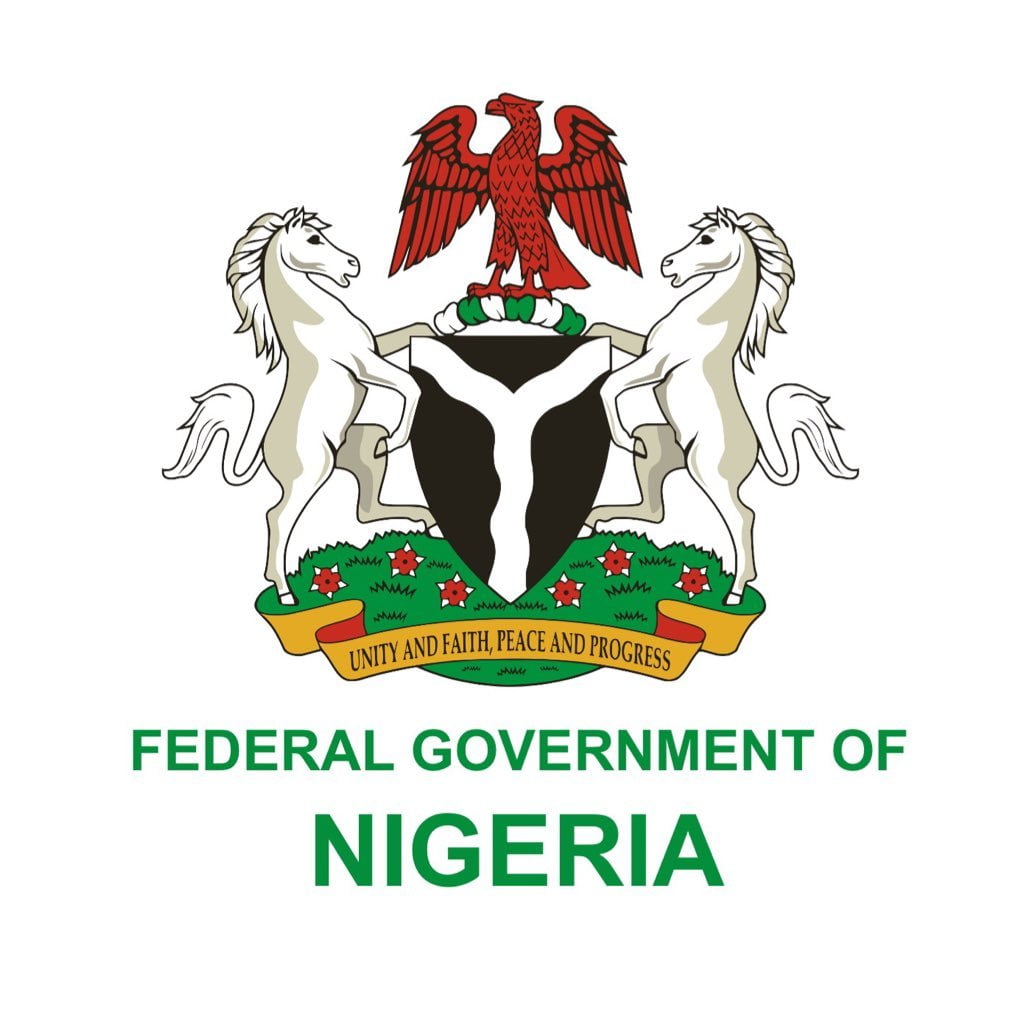A study has shown that fuel subsidy removal, not the surge in money supply, is the major driver of Nigeria’s soaring inflation.
Eric Ismail Otaokhia of the Department of Economics, Ahmadu Bello University, Zaria, disclosed this in a study published in the latest edition of Bullion, a publication of the Central Bank of Nigeria, CBN.
In the study titled “Do Fuel Subsidy Shocks Prolong Price Instability in Nigeria?” Otaokhia noted that Nigeria is suffering from the repercussions of fuel subsidy removal.
The Federal Government removed fuel subsidies in June last year.
According to the study: “The findings of this paper have shown that government actions in handling fuel subsidies are counterproductive to fiscal and monetary policy coordination in ensuring a stable cost of living.”
The development comes as some stakeholders blame the country’s rising inflation on the broad money supply (M3), which surged to a new historic high of N95.56 trillion as of February 2024.
However, Otoakhia noted that an increase in the money supply does not trigger significant and prolonged rises in inflation, suggesting that phasing out fuel subsidies introduces greater risks to economic balance.
“The results reveal a prolonged increase in inflation rates following a positive shock to the positive semivariance of fuel prices, indicating that fuel subsidy reforms disrupt price levels and impede fiscal-monetary policy coordination to achieve price stability.
“In contrast, a positive shock to the money supply does not result in a significant and extended rise in inflation rates. This suggests that eliminating fuel subsidies poses a greater risk to price stability,” the study added.
Nigeria’s February inflation figure increased to 31.70 per cent from 29.90 per cent in January 2024.
Fuel subsidy removal reason for Nigeria’s soaring inflation – Study



